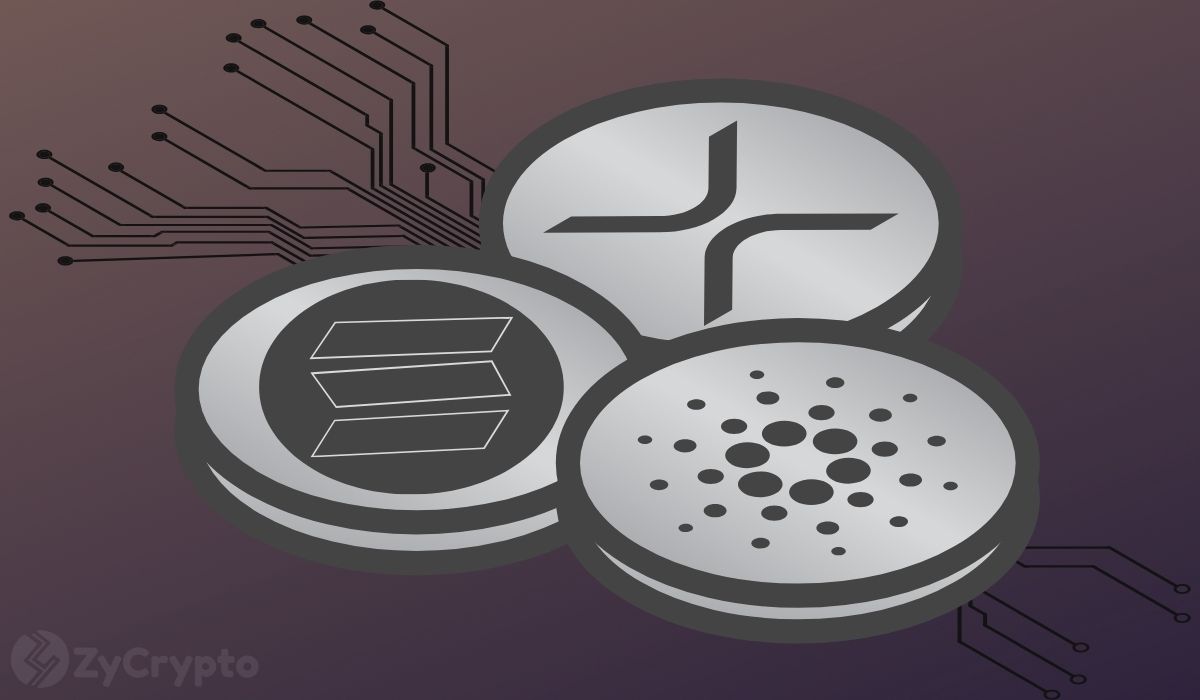Following the approval of spot exchange-traded funds (ETFs) revolving around Bitcoin (BTC) and Ethereum (ETH), several institutions are mulling the possibilities of exploring a wider pool of ETFs.
VanEck, a leading issuer of spot Bitcoin ETFs, has thrown its hat in the ring for Solana (SOL) ETFs in the US following a filing with the Securities and Exchange Commission (SEC). Head of Digital Assets Research at VanEck Matthew Sigel confirmed reports of a filing of a Solana ETF on X (formerly Twitter) citing a raft of reasons for the daring move.
According to his statement, the decision of the SEC to approve Ethereum and Bitcoin ETFs has laid the foundation for a broad pool of altcoins to take the giant leap to Wall Street. Sigel argues that it was only a matter of time till the securities watchdog gave its blessings to ETFs from lesser-capped digital assets like Solana, XRP, Cardano, Shiba Inu, and the like.
He hinged the crux of his argument on the fact that Solana’s native token SOL bears several striking similarities with BTC and ETH, allowing users to pay transaction fees on the blockchain. Sigel’s statement points to SOL’s broad utility across non-fungible tokens (NFTs) and decentralized finance (DeFi) akin to BTC and ETH.
To strike home the point, the executive disclosed that the SEC may be swayed by Solana’s decentralized ecosystem, particularly in transaction validation and recordkeeping.
“SOL’s decentralized nature, high utility, and economic feasibility align with the characteristics of other established digital commodities, reinforcing our belief that SOL may be a valuable commodity with use cases for investors, builders, and entrepreneurs looking for alternatives to the duopoly app stores,” said Sigel.
On their own, pundits say that the decision by the SEC to shutter its investigation on Ethereum for potential violations of the capital markets laws may offer a measure of credibility for altcoins in their quest to dabble in ETFs.
Designed to operate as both an ETF and a trust, certain factors are standing in the way of VanEck’s Solana ETF filing. There is the possibility that the SEC could cite Solana’s recent streak of downtimes to reject the application with critics urging VanEck to hold its horse till Ethereum ETFs begin trading.
In the hours following the announcement, SOL’s price soared by 7% to trade at $144 with daily transaction volumes climbing by 111%.
Downsides of ETFs
While ETFs provide institutional and retail investors with ease of access to digital assets, diversity, and a tighter regulatory environment, there are still salient risks associated with their operations.
Right off the bat, the extreme volatility of altcoins may adversely hinder the valuation of investments with a raft of critics pointing to the disparity in fee structures compared to traditional assets. Other downsides include the risks of tracking errors and the con of investors missing out on the benefits associated with direct ownership of the asset.
“In order to reduce risks related to virtual asset-based ETFs, regulatory measures must be well prepared,” said one regulator. “At this point, when the size of virtual assets is growing and various products are being developed, the impact of virtual assets on investors and the financial market is uncertain, so sufficient regulation is required.”


